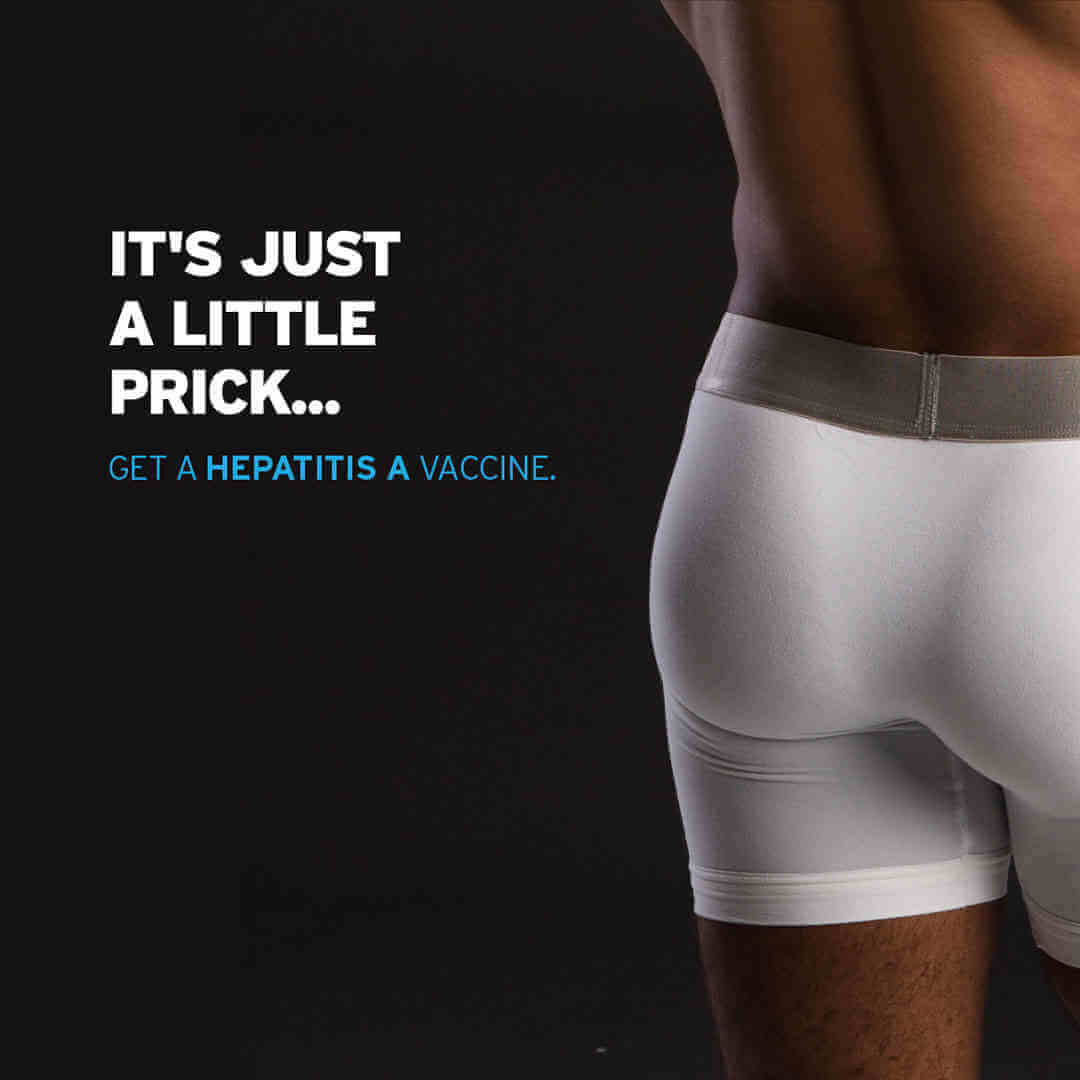New York City health officials say they have seen 17 cases of hepatitis A among men who have sex with men so far this year, triggering a new campaign by the Department of Health and Mental Hygiene to raise awareness about an infection that has long been known to disproportionately affect gay and bisexual men.
Vasudha Reddy, director of enteric disease in the city health department’s Bureau of Communicable Disease, told Gay City News that the infections have mostly been seen among black and Latino men who live in Queens, Brooklyn, and the Bronx. The men who have been infected range from 19 to 54 years of age.
Reddy noted that there are normally between zero and three hepatitis A cases per year among men who have sex with men. The city is currently on pace to see roughly 51 cases this year in that demographic.
Hepatitis A is usually spread when a person unknowingly ingests a small amount of stool from an infected person through sexual contact or through food and other contaminated objects. It affects the liver and can range in severity from a mild case that lasts a few weeks to a severe case that has the potential to drag on for months at a time.
Most people infected with hepatitis A are able to fully recover, but hospitalizations can occur and, in rare cases, people can die. Ten of the 17 men who have sex with men infected in the city this year were hospitalized as a result of the infection, but no deaths have been recorded.
None of those 17 patients had received the hepatitis A vaccine despite the Advisory Committee on Immunization Practices — a unit of the Centers for Disease Control and Prevention that provides guidance on vaccine-preventable disease — having recommended since 1996 that all men who have sex with men be vaccinated. The rise in infections has prompted the city department of health to reach out to healthcare providers and remind them to offer the hepatitis A vaccine, which confers long-term immunity, to their patients.
In April, the city responded to the uptick in cases by launching a campaign targeting gay and bisexual men via prevention-focused ads on LGBTQ websites, three social media platforms (Facebook, Instagram, and Twitter), and gay dating apps like Grindr. Ads produced by the city health department read, “It’s just a little prick… get a hepatitis A vaccine.”
Health officials were unable to immediately provide overall statistics on hepatitis A infections among all demographics in 2019, but an advisory posted by the city health department on March 25 noted that there had been three cases of the infection since December 2018 among people who are homeless or use drugs. Officials said they typically see 50-60 cases per year in the general population, with those cases often involving people who have traveled internationally to countries where inadequate sanitation infrastructure allows the infection to run rampant.
This latest wave of hepatitis A infections in the city comes roughly two years after a whopping 135 cases of hepatitis A popped up in the five boroughs in 2017, with 57 percent of those cases among men who had sex with men.
The increase in cases this year follows a wider pattern seen in other parts of the US, but affected states are overwhelmingly reporting that homeless people and drug users — not necessarily men who have sex with men — are making up the majority of the cases.
Hepatitis A is spreading at an alarming rate in Florida, where the state health department has reported 954 cases statewide thus far in 2019, after seeing 549 total cases in all of last year.
The Virginia Department of Health announced on April 25 that there had been 45 cases of the infection in that state this year, while the New Hampshire Department of Health and Human Services counted 84 cases between November 2018 and April 22 of this year.
In addition to being vaccinated, Reddy stressed that maintaining hygiene is crucial to preventing the spread of hepatitis A.
“The best way to prevent hepatitis A is by getting vaccinated.” Reddy said in a phone interview on April 30. “It’s also important to always wash your hands before touching food, after using the bathroom and changing diapers, and before and after having sex.”
Hepatitis A, B, C, D, and E all affect the liver but can be spread in different ways. According to the World Health Organization, hepatitis B is transmitted through blood and other bodily fluids — and from mothers to infants at birth — while hepatitis C is mostly transmitted through blood but can also be sexually transmitted, though that is rare. Hepatitis D infections occur in those who have contracted hepatitis B and can be prevented by receiving the hepatitis B vaccine. Hepatitis E is primarily spread through consuming contaminated food and water.


































